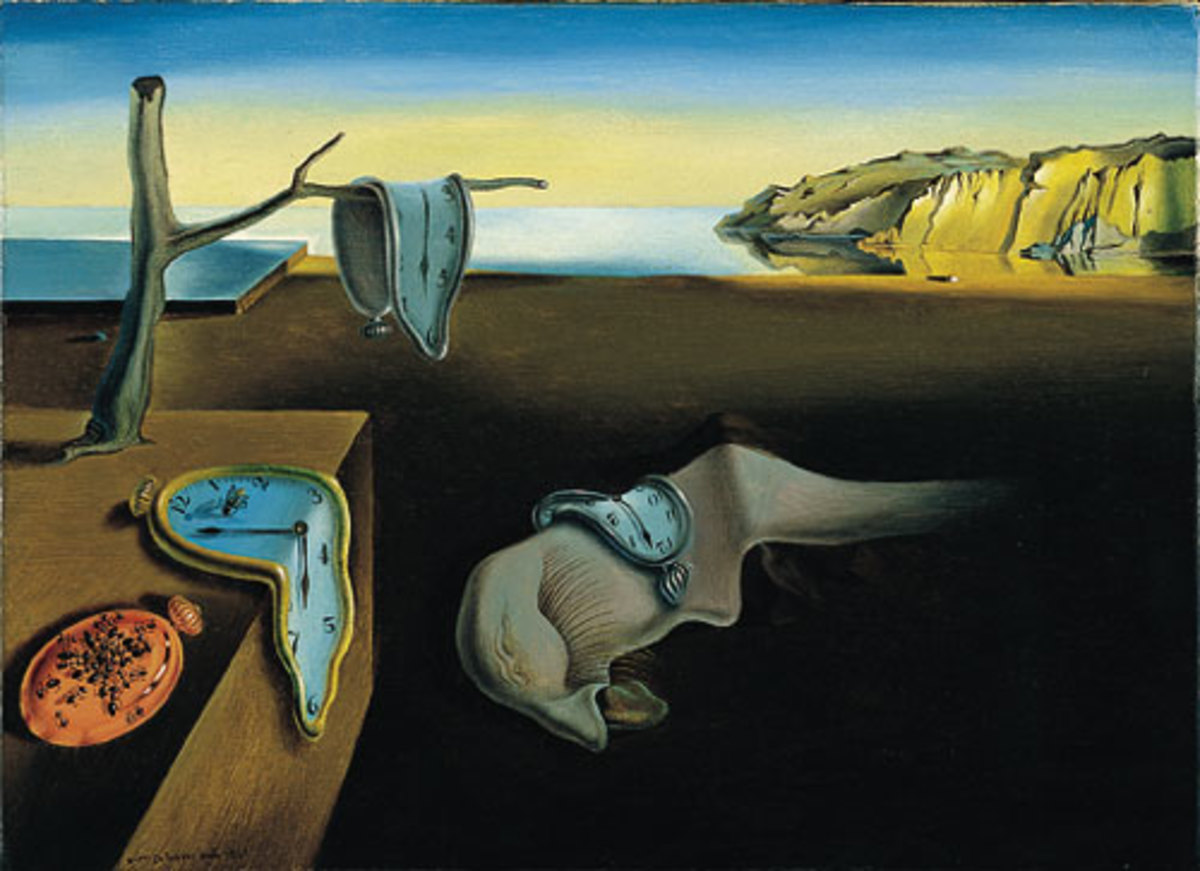Biochemical imbalance? Human distress and overwhelm is not an 'illness like any other'.
Misinformation in Psychiatry by Dr Terry Lynch
If you live in the developed world, and have psychotic experiences (for example, hearing voices that other people cannot hear, or holding beliefs that have no rational basis), any professional help you receive will almost certainly be based on the idea that the primary cause of your problem is some disturbance in your biology. A psychiatrist, a medical doctor of the mind, may diagnose the patient as having a 'serious mental illness', typically 'schizophrenia', and will prescribe medication (referred to as anti-psychotics). The central assumption of the psychiatric team will be that the disorder being treated is an illness of the mind, in the same way that a disorder such as diabetes is an illness of the body.
Despite over a century of scientific research, much of it funded by multi-national drug companies with a vested interest, there is little evidence to support the idea that 'schizophrenia' is a discrete illness of the brain, directly caused by some biological disturbance. Even with this lack of evidence, biological psychiatrists continue to peddle the myth that severe mental health problems are the direct consequence of genetically determined brain diseases. This is not to deny a role for some medical treatments; drugs undoubtedly helps some people who suffer distressing hallucinations and delusions. However, viewing psychotic experiences as a discrete illness of the brain results in five important disadvantages for people who present to psychiatric services:
1. Increased Stigma
People who use mental health services often report that the most difficult problem they face in their lives is the stigma associated with having a mental illness. Myths abound about 'schizophrenics' (for example, that most of them are violent and dangerous) and research has shown that labelling psychotic experiences as an 'illness like any other' is more stigmatising than making sense of it in terms of past trauma and stressful life experience.
2. Passivity
Being told you have a biological illness tends to convey the message that the only option is to take the medication and wait for improvement to occur (like one would with antibiotics for a chest infection). Clearly this is not a helpful message, as a wealth of evidence now supports the valuable roles self-help, peer support and psychological therapies can play in recovery. Furthermore, the fact that sickness and disability payments are often dependent on a formal diagnosis of a biological illness can further encourage people to adopt a passive role, submissively accepting the directives of the expert doctor.
3. Crushed Hope
Psychotic experiences commonly first emerge in a person’s late teens or early adulthood. A psychiatrist telling a young man that he has got a brain disease and will need to take medication for the rest of his life will often unnecessarily stifle ambition at a crucial period in the sufferer’s personal and vocational development.


4. Medication side-effects
Although helpful for many people experiencing psychotic symptoms, particularly during times of high arousal and agitation, anti-psychotic drugs cause a range of unwanted side-effects. Common side-effects include muscle stiffness, hand tremor, movement disorders, weight gain and sexual dysfunction. More serious, albeit rarer, side- effects include potentially fatal blood disorders.
5. Invalidates many forms of human distress
If a person presents to mental health services in a state of high distress and is not diagnosed as having a 'proper' mental illness that person may endure a range of negative responses from professional staff. Because the presentation doesn’t fit the psychiatrist’s (largely arbitrary) criteria for a diagnosis of severe mental illness, the person’s emotional and behavioural disturbances can often be viewed as being of less importance and the responses from professionals may be undermining or even dismissive. Such negative attitudes from psychiatric staff are commonly reported by people suffering with so-called 'Emotionally Unstable Personality Disorder' (a label often given to people suffering long-standing problems of rapidly shifting moods, relationship difficulties and deliberate self-harm).
So in conclusion, when it comes to problems of the human mind, it may be that the doctor doesn’t always know best.









